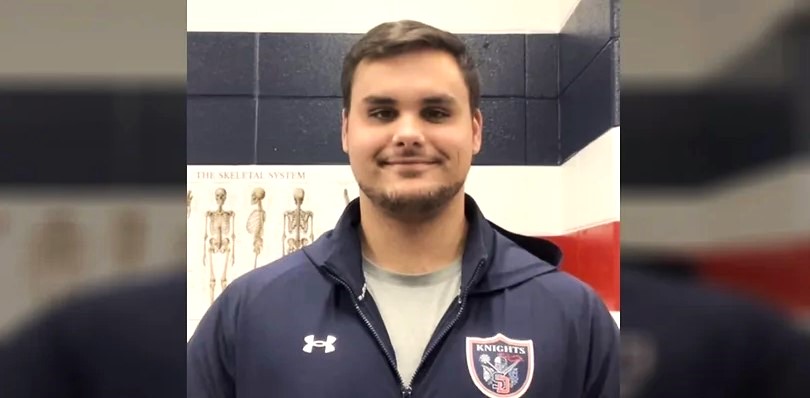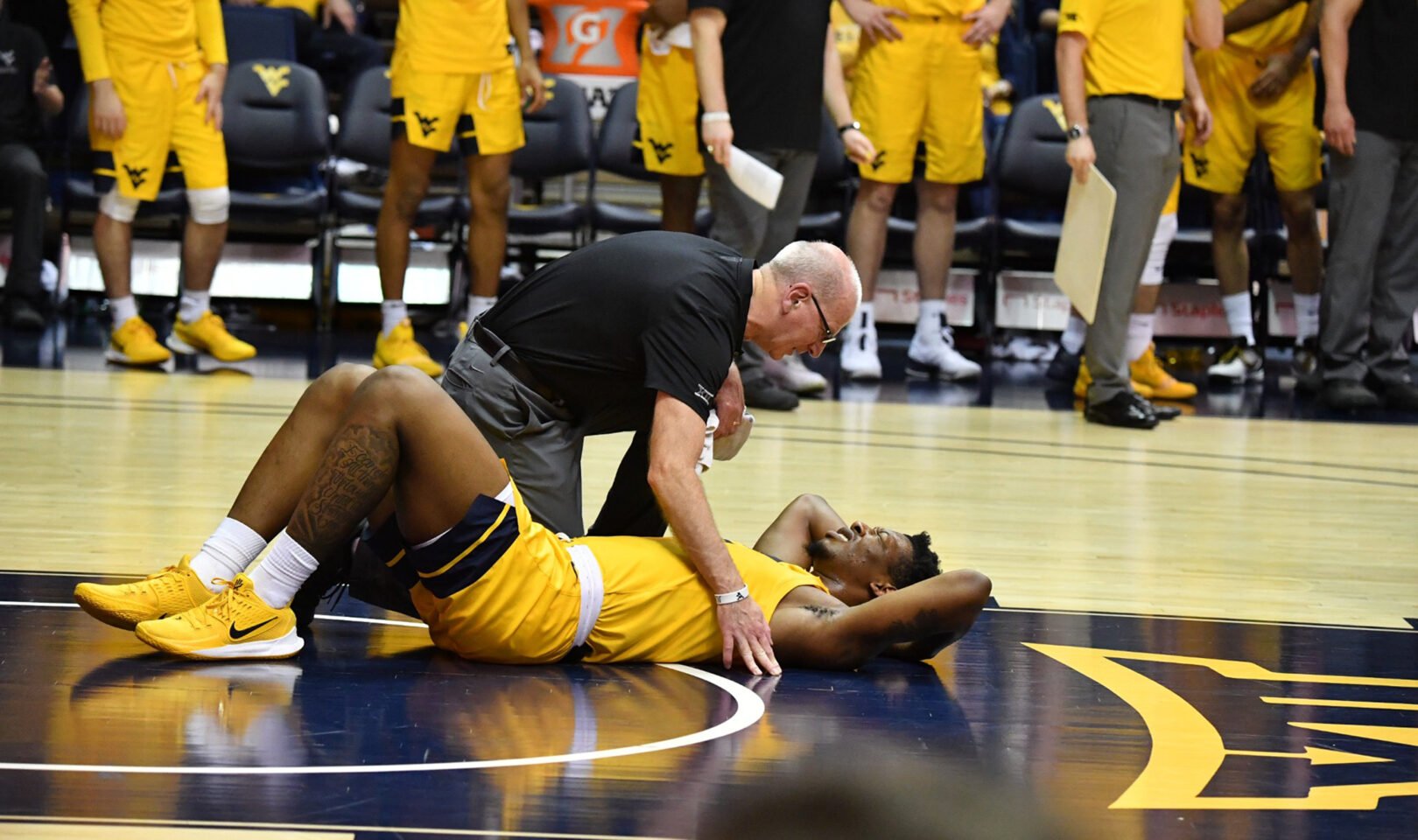Study: Repeated Small Hits to Head Can Damage Brain Blood Vessels
 Researchers at Dalhousie University's Brain Repair Center have discovered that repeated, minor head impacts in football players can harm the brain's small blood vessels, potentially leading to long-term brain dysfunction.
Researchers at Dalhousie University's Brain Repair Center have discovered that repeated, minor head impacts in football players can harm the brain's small blood vessels, potentially leading to long-term brain dysfunction.
This groundbreaking study highlights how a series of small hits, rather than a single major blow, can cause significant damage. The scientists' research, primarily conducted on experimental animals, suggests that players whose blood vessels do not heal over time may experience chronic brain inflammation and an elevated risk of future brain degeneration. These conditions can manifest as mobility and emotional issues, and cognitive decline. Professor Alon Friedman, a co-author of the study, explained:
The scientists' research, primarily conducted on experimental animals, suggests that players whose blood vessels do not heal over time may experience chronic brain inflammation and an elevated risk of future brain degeneration. These conditions can manifest as mobility and emotional issues, and cognitive decline. Professor Alon Friedman, a co-author of the study, explained:
"The outcome of many small injuries that a player had throughout the season and didn't cause significant symptoms may cause damage to small brain vessels."
The research focused on the blood-brain barrier (BBB), a critical lining in the brain's blood vessels that prevents harmful substances from entering the brain. When the BBB is compromised due to injury, molecules from the blood can leak into the brain, triggering inflammation and impairing brain function.
The study, published in the Clinical Journal of Sport Medicine, was led by Dr. Friedman, Dr. David Clarke, Dr. Casey Jones, and Dr. Lyna Kaminsky. Dr. Jones, a former Dalhousie Tiger football player, emphasized the importance of this research for enhancing player safety. Jones sttated:
"As someone who's been involved with football for nearly my whole life, it's been an honor to collaborate with our players, coaches, and staff to drive this novel brain research forward, and to ultimately make the game we all love safer."
The study involved monitoring head impacts in 60 university football players using specialized helmets. Five athletes who sustained concussions underwent MRI scans, revealing that BBB leakage was more related to cumulative impacts rather than the final hit before the concussion.
These findings could influence guidelines on when concussed athletes can safely return to play. Dr. Kaminsky added:
"Based on current guidelines, concussed athletes can return to play once their concussion symptoms resolve. We believe that this is a suboptimal measure of brain health and that neuroimaging stands to provide a more accurate indication of return-to-play safety."
The researchers emphasize the observational nature of their study but highlight the importance of identifying players susceptible to mild head injuries to prevent severe complications in the future. Dr. Friedman stated:
"If we can identify them early, then we can treat them before they develop severe complications."
Read the full study here!
![HR Logo [Recovered]_Full Color Vertical-1](https://blog.healthyroster.com/hs-fs/hubfs/HR%20Logo%20%5BRecovered%5D_Full%20Color%20Vertical-1.png?width=199&height=178&name=HR%20Logo%20%5BRecovered%5D_Full%20Color%20Vertical-1.png)
 By
By


